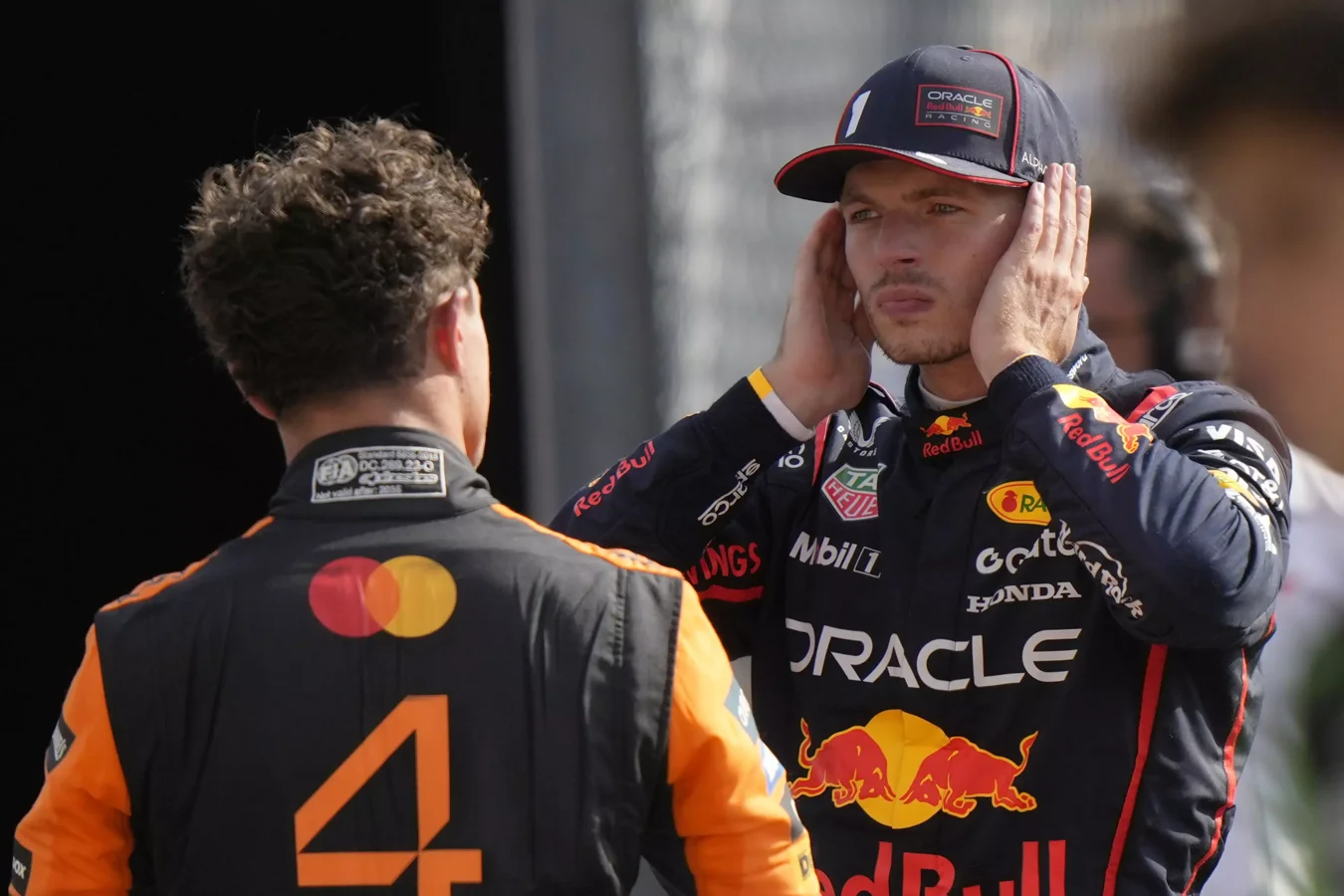Max Verstappen has disclosed that Red Bull Racing underwent a significant technical transformation following the replacement of Christian Horner by Laurent Mekies as Team Principal in June. This change coincided with Verstappen’s commanding victory at the Italian Grand Prix on September 7, where his performance left rivals McLaren unable to respond. The Dutch driver praised the team’s new technical direction, which directly contributed to his success at Monza.
One pivotal adjustment that aided Verstappen’s car, the RB21, was his choice to go against the recommendations of technical director Pierre Wache by requesting less wing and therefore reduced downforce. This setup shift proved effective and demonstrated a new flexibility in Red Bull’s decision-making process. Verstappen explained that the team has begun to prioritize driver input over simulator data, marking a clear departure from past practices.
During the FIA post-race press conference, Verstappen credited Laurent Mekies’s engineering background for enabling the team to improve its technical operations and regain momentum after a difficult stretch under Horner. This change has helped Red Bull control the car setup process more effectively.
“Up until now we’ve had a lot of races where we were just shooting left and right a little bit with the setup of the car. Quite extreme changes, which shows that we were not in control. We were not fully understanding what to do.
With Laurent having an engineering background, he’s asking the right questions to the engineers – common-sense questions – so I think that works really well,” Verstappen said.
A significant factor leading to Red Bull’s struggles had been the departure of their renowned technical genius Adrian Newey. The 66-year-old’s exit reportedly followed tensions with Horner amid controversy involving alleged misconduct and public airing of internal team issues, which contributed to a period of instability.

How Verstappen’s Feedback Transformed Red Bull’s Car Performance at Monza
Max Verstappen shattered multiple records at the 2025 Italian Grand Prix, starting with his pole position lap time of 1:18.792, which became the fastest in Formula 1 history by average speed (164.466 mph). This bested Lewis Hamilton’s 2020 Monza pole time, setting new standards at the Temple of Speed. Verstappen then converted pole into victory in the shortest ever Italian GP race, finishing in 1 hour, 13 minutes, and 23 seconds, narrowly beating Michael Schumacher’s longstanding record from 2006.
Following the race, Verstappen explained the technical improvements that differentiated the RB21’s performance at Monza compared to previous events. He described how the car had been difficult to drive and unbalanced in earlier races but now felt much more stable and responsive, allowing for better handling and tire performance.
“Well, before it felt like you were a passenger in the car. We had some races where it was just not balanced. And now, finally, there was more balance in the car, and then the tyres also behave a little bit more normal.”
Verstappen called the victory “unbelievable,” highlighting how it completed a sweep of all Italian venues visited in 2025, including his earlier win at the Emilia Romagna GP in Imola. Despite Verstappen’s dominant result, McLaren attracted significant attention at Monza due to a controversial team order that sparked widespread debate across the F1 world.
Implications of Red Bull’s Technical Shift for Future Performance
The recent changes within Red Bull’s technical leadership and approach appear to have reversed a downward trend following Newey’s departure and the turmoil under Horner’s tenure. By giving more weight to driver feedback and embracing Mekies’s engineering insight, the team has gained better control over car setup and race strategy, which manifested clearly in Verstappen’s dominant performance at Monza.
This shift signals a more adaptable and driver-focused philosophy at Red Bull, which could enhance their competitiveness as the season progresses. Verstappen’s success, combined with the team’s evolving technical methods, suggests that Red Bull remains a strong contender in Formula 1, capable of responding swiftly to challenges and fine-tuning their car to suit demanding circuits.
